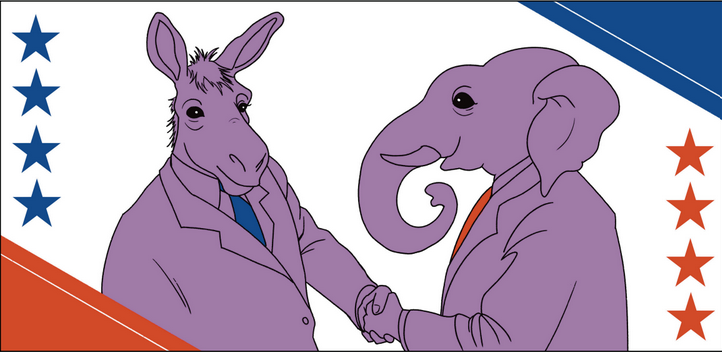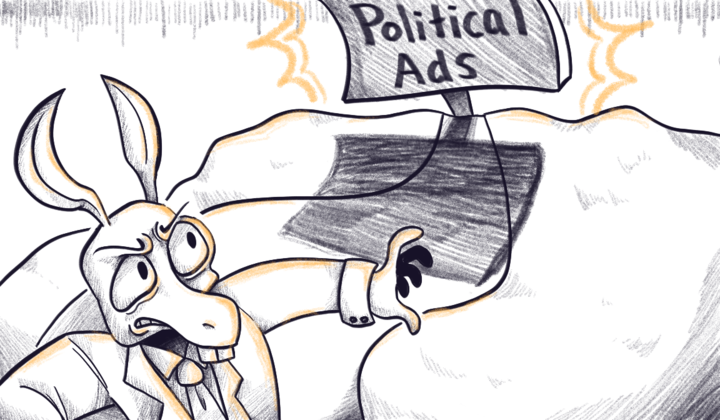But for children of same-sex parent households, completing the 106-question form can become an extra source of tension — the federal government does not recognize the legality of same-sex marriage, making it difficult for such families to accurately define their situation and receive the appropriate aid.
As a result of this outdated definition, hundreds of thousands of children from same-sex parent households receive financial aid that does not correctly portray their situation. According to Williams Institute demographer Gary Gates, there are nearly 220,000 children under the age of 18 who are being raised in single-sex households. The majority of these kids, once they reach college age, will have to fill out the FAFSA as if their parents are divorced, according to the U.S. Department of Education. The parent who makes the most income would be classified as the legal guardian — the other parent’s income would essentially be ignored. Due to this classification, the student’s financial aid would be dramatically different than if they could file as part of a married family.
This is a problem that extends beyond single-sex parent households. Students with unusual familial circumstances — a parent in jail, a messy divorce, several remarriages — also face similar challenges with a financial aid form that only accounts for the most mainstream of circumstances. And because institutions like universities use FAFSA information to determine the amount of student aid and scholarships to allocate, the factual distortion ends up further hurting students.
This misrepresentation not only leaves students of single-sex parent households with skewed financial aid, it also de-legitimizes their family situations. This form, intended to evaluate the financial need of each student in their individual familial situation, ignores the reality of gay parent households. The federal definition of marriage aside, colleges need to have efficient methods of gathering information about their students to most effectively give out aid.
FAFSA effectively dates itself with the evident constraints in its form. The Department of State has recently introduced gender-neutral language in passports to account for same-sex parent households. Elmhurst College, a small liberal arts college outside of Chicago, became the first college this year to ask about a student’s sexuality on their application — an optional question, of course. Even the Common Application has debated including the question of sexuality. The problem is not whether students are forced to out themselves or not — it merely gives them a choice. Left without options, same-sex households are forced to effectively lie about their home life and negatively impact the financial aid given.
There are other options. FAFSA does not have to fold under the constraints of the federal definition of marriage — the Daily Californian suggested substituting Parent One/Parent Two for the Mother/Father designation given. After all, if “legal guardian” is an option, a gender-neutral definition should also be given. With this narrow view of family relations, the FAFSA is hurting itself and the students for whom it is designated to provide aid.







